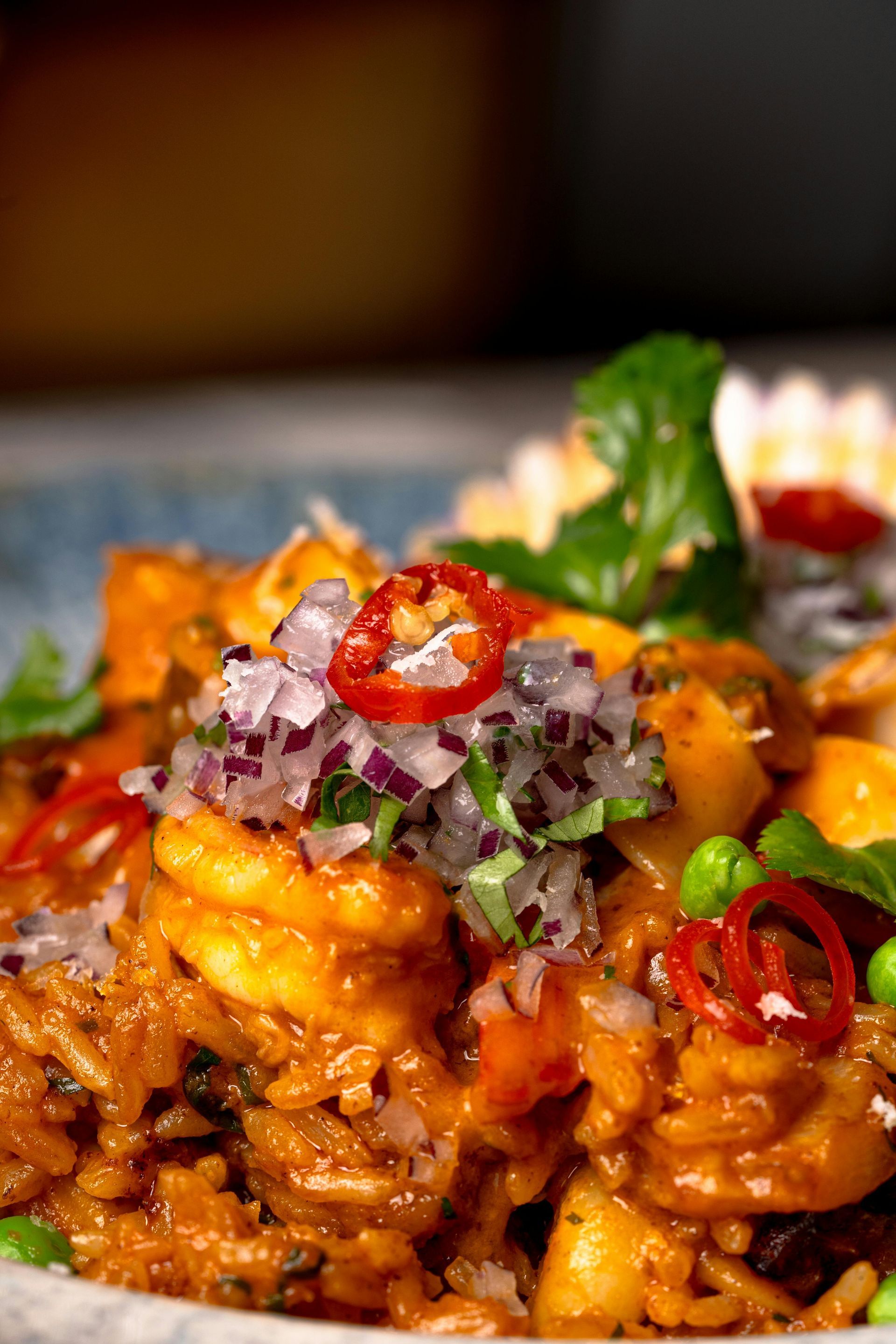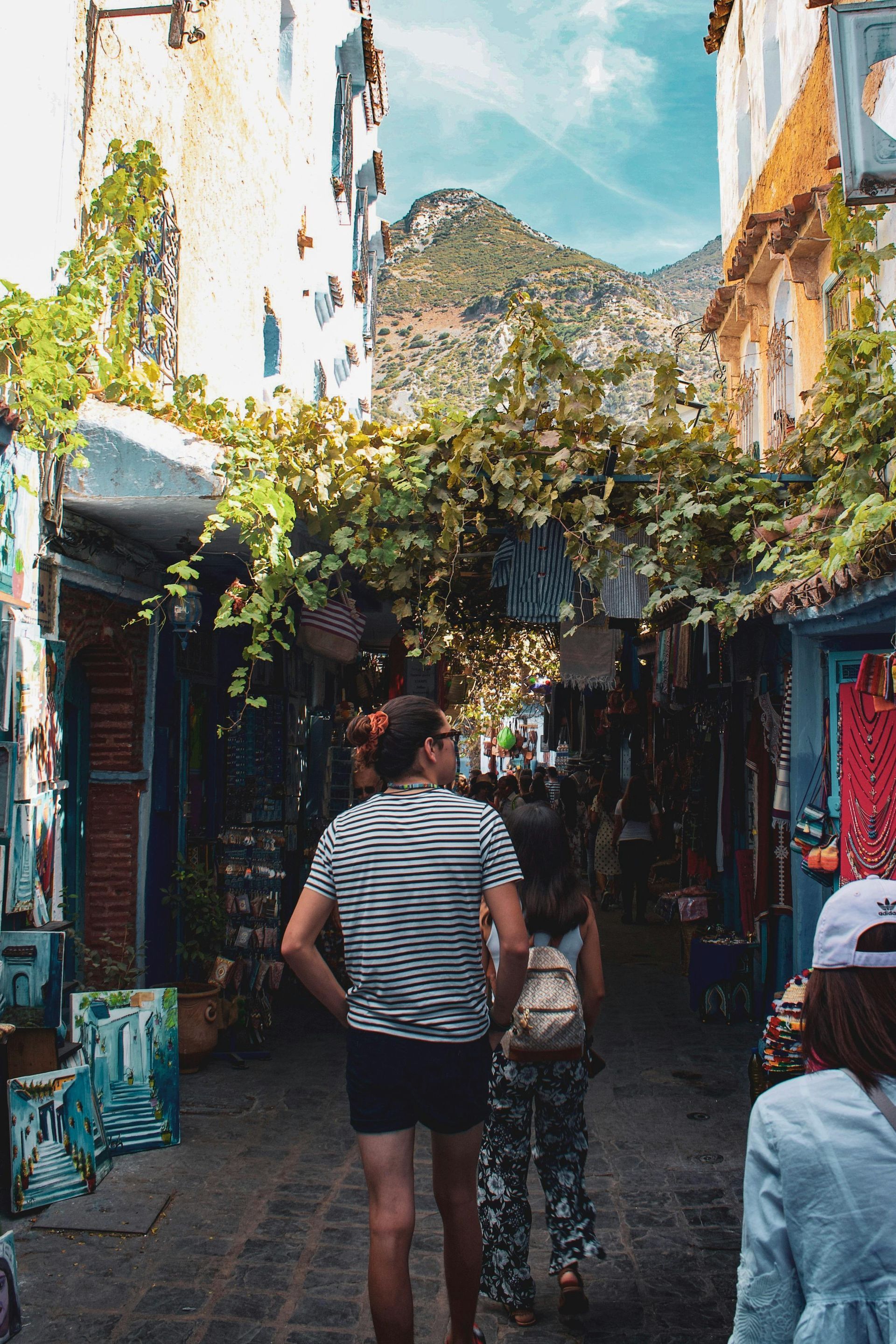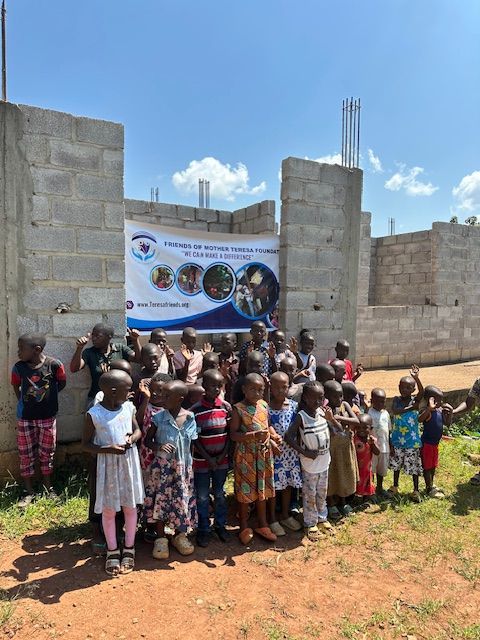
A Taste of Uganda: Exploring Culture Through Food
When you think of Uganda — often called the "Pearl of Africa" — you imagine its lush landscapes, vibrant cities, and warm-hearted people. But to truly understand Ugandan culture, you have to experience it through one of its most essential elements: food.
Food in Uganda is much more than sustenance; it’s a celebration of life, community, and tradition. Meals are often shared among family and friends, and each dish tells a story of the land, history, and the rich tapestry of ethnic groups that make up the nation.
Traditional Ugandan Dishes
Here are some staples you’ll find on a typical Ugandan table:
1. Matooke (Steamed Green Bananas)
Matooke is the heart of Ugandan cuisine, especially among the Baganda people. The bananas are peeled, wrapped in banana leaves, and steamed until tender. They are then mashed and served with rich sauces made from groundnuts (peanuts), beef, chicken, or beans. Creamy, filling, and comforting — matooke is considered a national treasure.
2. Posho (Maize Meal)
Simple but essential, posho is a thick, white porridge made from maize flour and water. It’s a common accompaniment to meat stews and vegetable dishes. Many Ugandans grew up with posho in their school meals, and it remains a symbol of strength and endurance.
3. Luwombo
This is a delicious traditional dish where meat (chicken, beef, or goat) is marinated with spices, groundnuts, and vegetables, then wrapped in banana leaves and steamed. Luwombo dates back to the Buganda Kingdom and is often served at special occasions like weddings and traditional ceremonies.
4. Rolex
Not the luxury watch — in Uganda, a "Rolex" is a beloved street food made by rolling up an omelette and vegetables inside a chapati (flatbread). It's quick, tasty, and has become a symbol of Uganda's vibrant urban food scene.
5. Malewa (Smoked Bamboo Shoots)
In the eastern regions, particularly among the Bagisu people, malewa is a delicacy. The bamboo shoots are smoked, dried, and then cooked into a flavorful stew often enjoyed with groundnut sauce.
Ugandan Eating Culture
- Meals are communal: Sharing food from the same platter symbolizes unity and family bonds.
- Hands are often used: Especially when eating dishes like matooke or posho. It’s considered a way to connect more deeply with your meal.
- Fresh and organic: Uganda’s fertile soils mean that fruits, vegetables, and meats are often fresh, organic, and rich in flavor.
- Seasonal foods: Different seasons bring different delicacies — like mangoes, jackfruit, and avocados during harvest periods.
Drinks and Treats
- Chai (Tea): Served sweet and milky, often spiced with ginger.
- Waragi: Uganda’s traditional spirit distilled from bananas or millet.
- Mandazi: Sweet, fried dough snacks perfect for tea time.
- Juices: Fresh juices like passion fruit, mango, and pineapple are incredibly popular.
A Final Thought
Ugandan food is a journey into the country’s heart. It’s where traditions are passed down, friendships are strengthened, and memories are made. Whether you’re tasting your first Rolex at a roadside stand, sharing a bowl of matooke with a family, or enjoying the rich aroma of a luwombo stew, Uganda’s culinary heritage will leave you feeling nourished — body and soul.
Come hungry. Leave full. And carry a piece of Uganda in your heart.
ALSO INTERESTING



